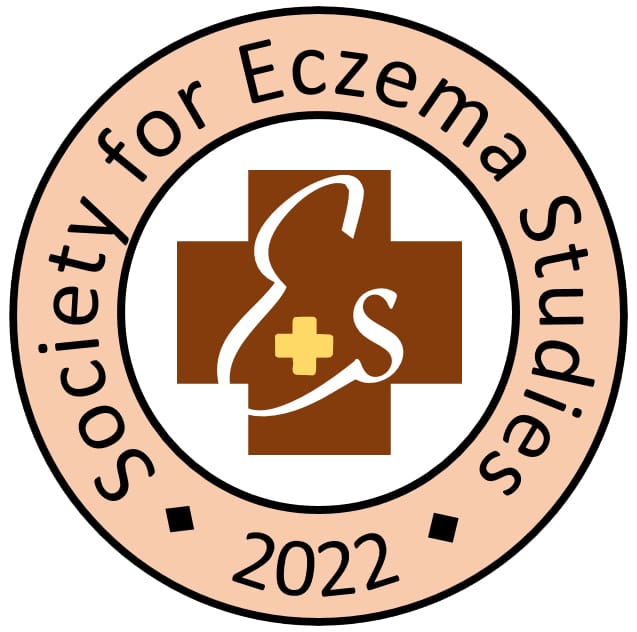ATOPIC DERMATITIS
1. How common is Atopic dermatitis in India?
Atopic dermatitis also called as eczema is a common and chronic skin condition in which the skin becomes red, itchy and dry and seen more commonly affecting children than adults. It is seen all over the world. Atopic dermatitis is the most common group of skin disease seen in India. About 20% of children develop atopic dermatitis. About 10-15% of the general population suffer from atopic dermatitis. 60% of children develop eczema by 1 year of life. It increases during winter season than other seasons.
2. What are the triggers of AD?
Atopic dermatitis is caused by combination of genetic and environmental factors. Some children suffering from atopic dermatitis may have specific triggers that increase the itchiness and rash. External factors like cold, heat and sweating can increase the itching. Other common triggers are bathing for more time, not applying moisturizing creams as it can caused dry skin, low humidity, stress, friction, synthetic/woollen clothes, harsh soaps and detergents, fragrances, bubble bath and soft toys. Pollen, dust, pillows and parthenium (congress grass) can trigger atopic dermatitis. Some foods like milk, milk products, egg, peanuts, soy, wheat and sea foods can trigger atopic dermatitis, but it is seen only in few patients. The above foods should not be stopped in children unnecessarily without proper tests as it can cause nutritional deficiency. Sometimes infection can increase the rash.
3. What is the scope of treatment?
Atopic dermatitis is a nicely controllable disease and there are many treatments that can help manage the skin problems. Treatment includes gentle skin care like bathing daily with warm water, use of moisturizing soaps, giving bath for short time ( 5-10min) and applying regular moisturizing creams to whole body after bath. Rash can be treated with topical steroid. There are many topical steroids that are available in different strengths. Choosing a proper steroid is important to prevent side effects. Therefore it should be applied with consultation with your doctor. Newer medications are available like tacrolimus ointment that is very useful. For severe cases oral therapy (systemic drugs) is necessary. They can cause serious side effects, hence should be monitored regularly with blood counts with consultation with your doctor. For itching oral antihistamines can be given. Avoidance of triggers is necessary
4. Is there anything that parents can do to prevent AD?
Yes, there are many things that can be done to prevent atopic dermatitis. Specific triggers mentioned above can be avoided. Avoid contact with any substance that can cause or increase the allergy. Recently it is seen that regular application of moisturizers to skin from birth can prevent atopic dermatitis especially if there is someone in the family affected with allergic rhinitis or asthma.
5. How does AD impact the quality of life?
Atopic dermatitis affects the quality of life in children and parents (care givers). Skin is so itchy that children spend their time in scratching which increases the rash giving rise to sleep problems. Children do not sleep due to itching and hence parents also lose their sleep taking care of their child. Loss of sleep and stress of rash and itching can cause anxiety and depression in children. This can affect their school performance. They try to avoid going to school as they are bullied by their friends. Growth of the child can be affected if the child does not have proper food due to itching. Children may not mingle with others due to visible skin lesions. Social life of parents is also affected. As atopic dermatitis involves regular application of creams there is huge financial burden on the family.
6. How should parents decide on skincare products for babies?
Babies skin is gentle and different from adult skin hence skin care products that are used should not be harsh on baby skin. Parents should take extra care of their babies skin. There are lots of baby skin care products available in market. Parents are always in a confusion of which skin care products to be used. They are advised by family members, relatives and friends of different products available in the market. Parents should use skin care products which are mild almost near to the PH of the skin, fragrance and preservative free products. Parents should not use multiple brands for their child. Ideally they should go for the baby care products manufactured and marketed by an internationally well known pharmaceutical company in this field.
7. The right skincare routine for newborns
- Bathing should be given to newborns everyday to keep them clean
- Short baths should be given and warm water should be preferred
- Harsh soaps should not be used. PH balanced soaps (5.5) should be used to prevent dryness of skin
- After bath baby should be patted with cotton towel and dried.
- Immediately after drying moisturizing cream/lotions should be applied to whole body.
- Powders should not be applied to baby skin.
- Coconut oil can be used for massage. Olive oil or baby oil should not be used.
- Baby shampoos can be used for cleaning scalp.
- Nails should be cut regularly.
- Care should be taken for diaper region. Change the diapers regularly every 2-3 hrs and gentle cleansing of diaper area by using plain water/non alcoholic, fragrance free wipes. Diaper creams can be applied if baby gets diaper rash frequently.
